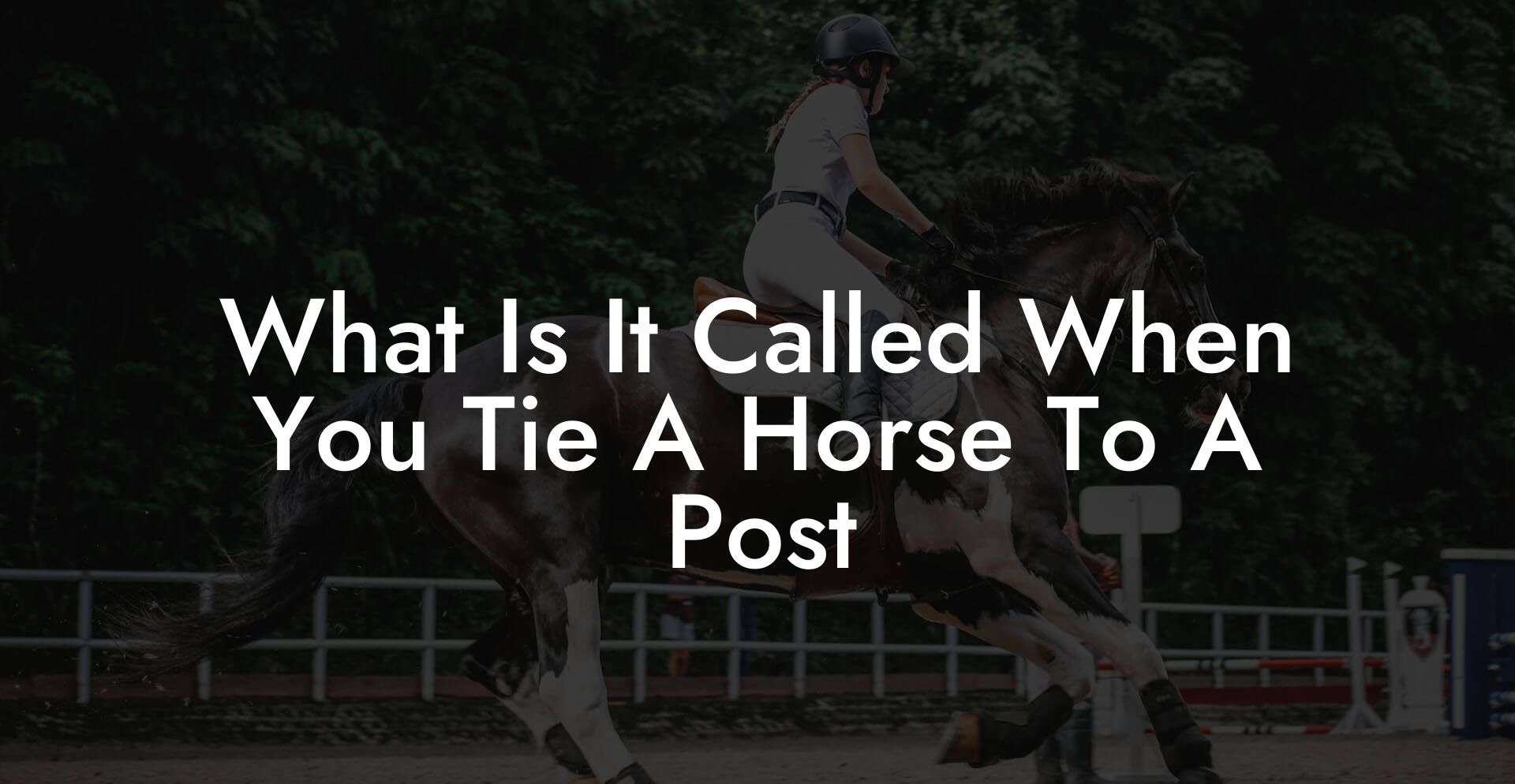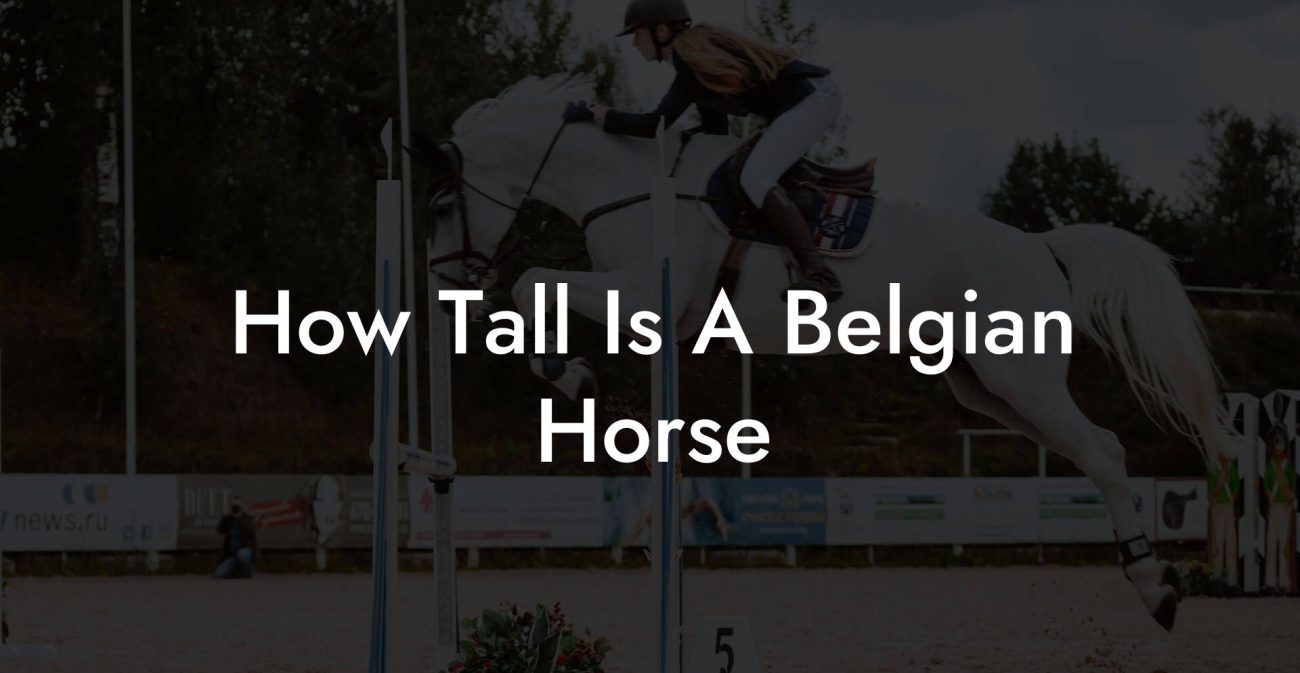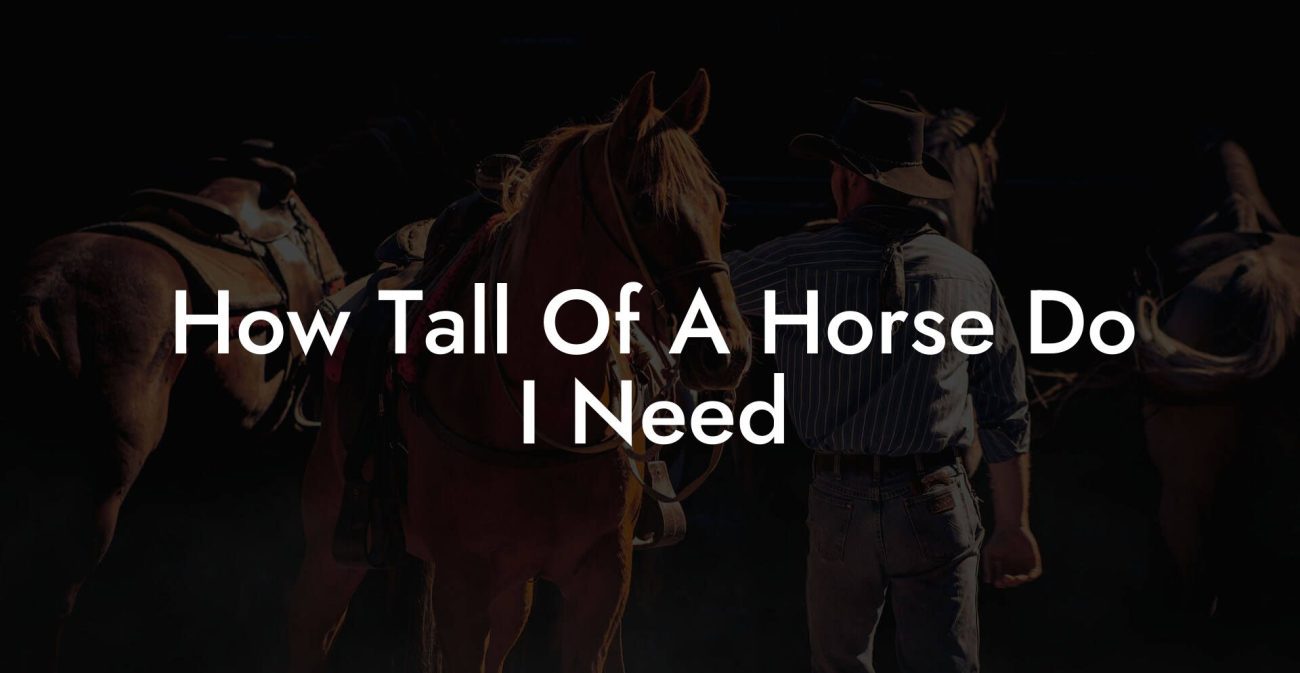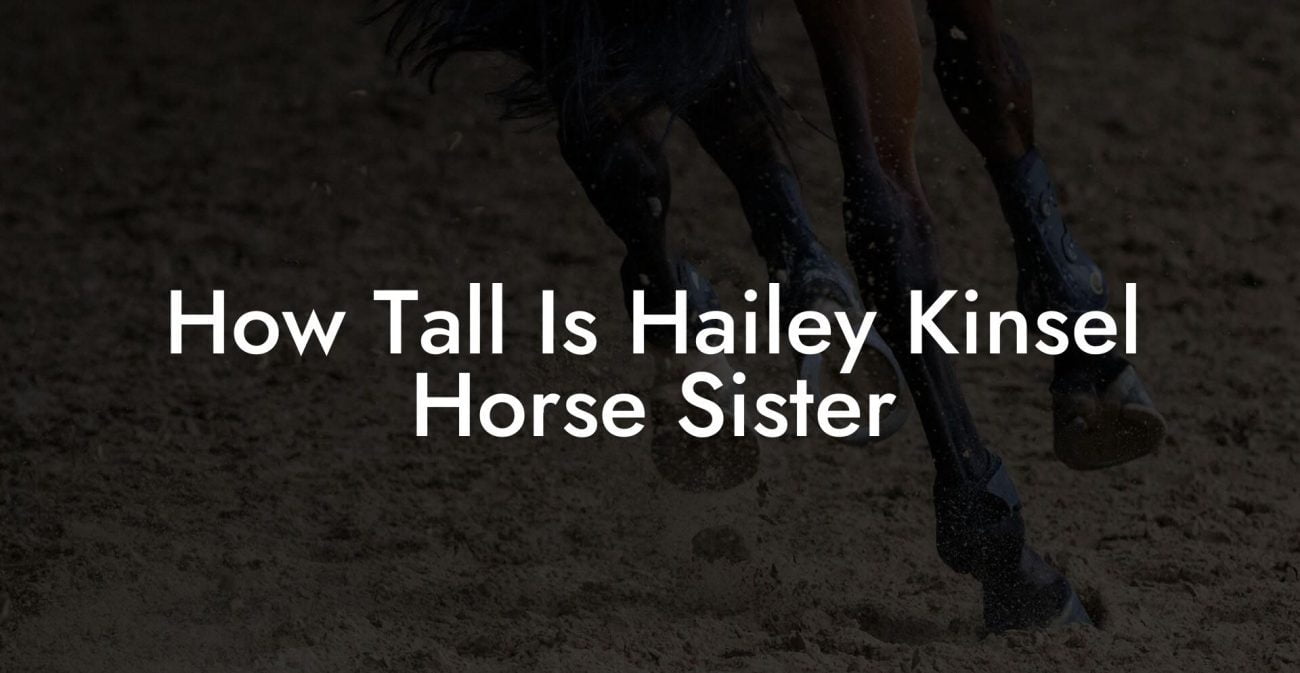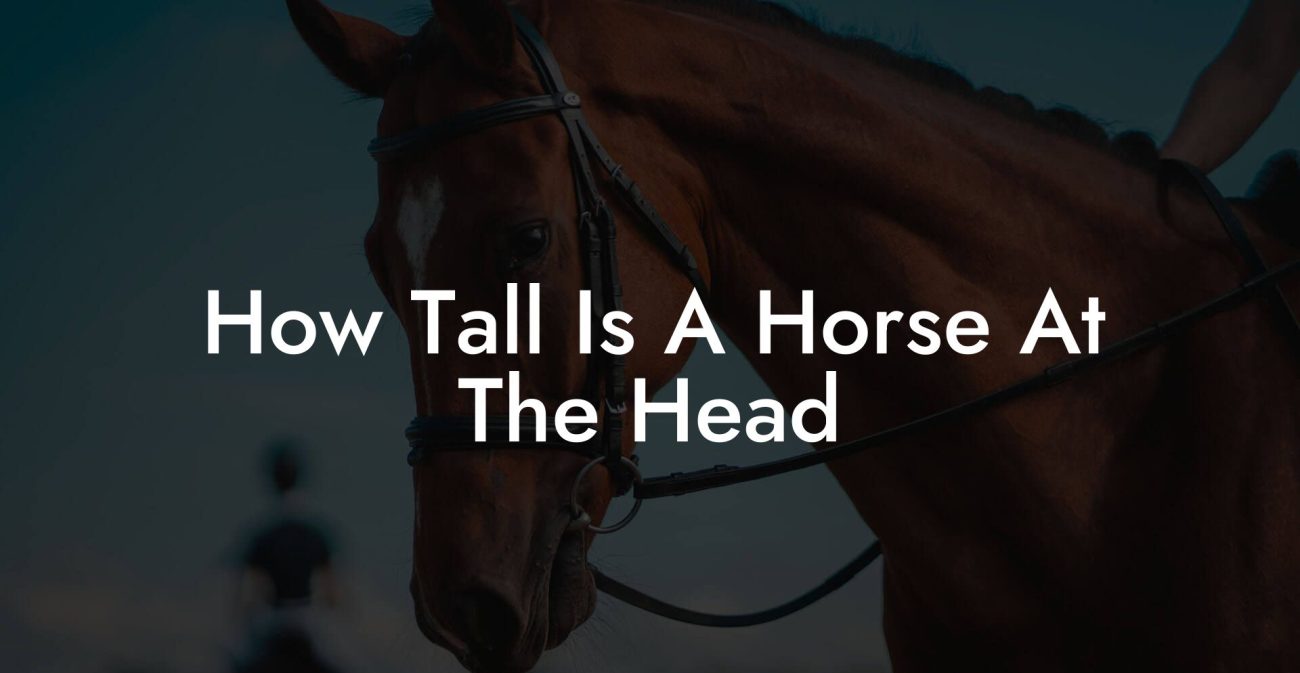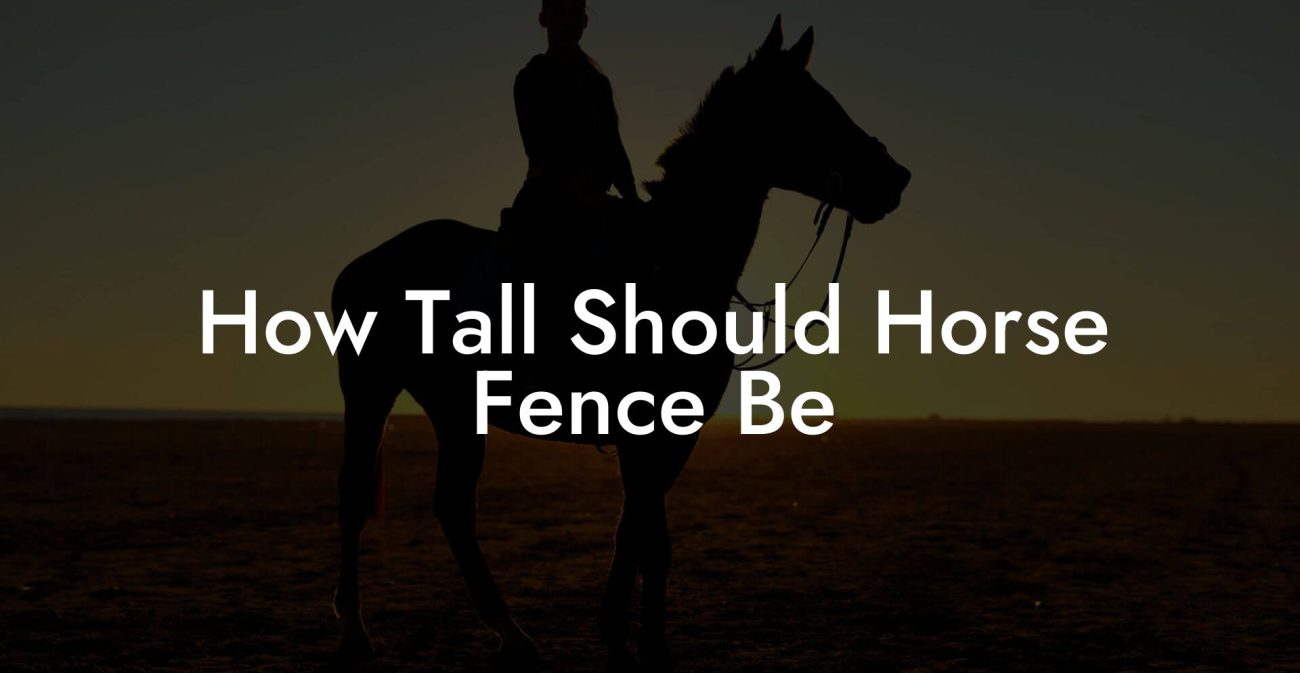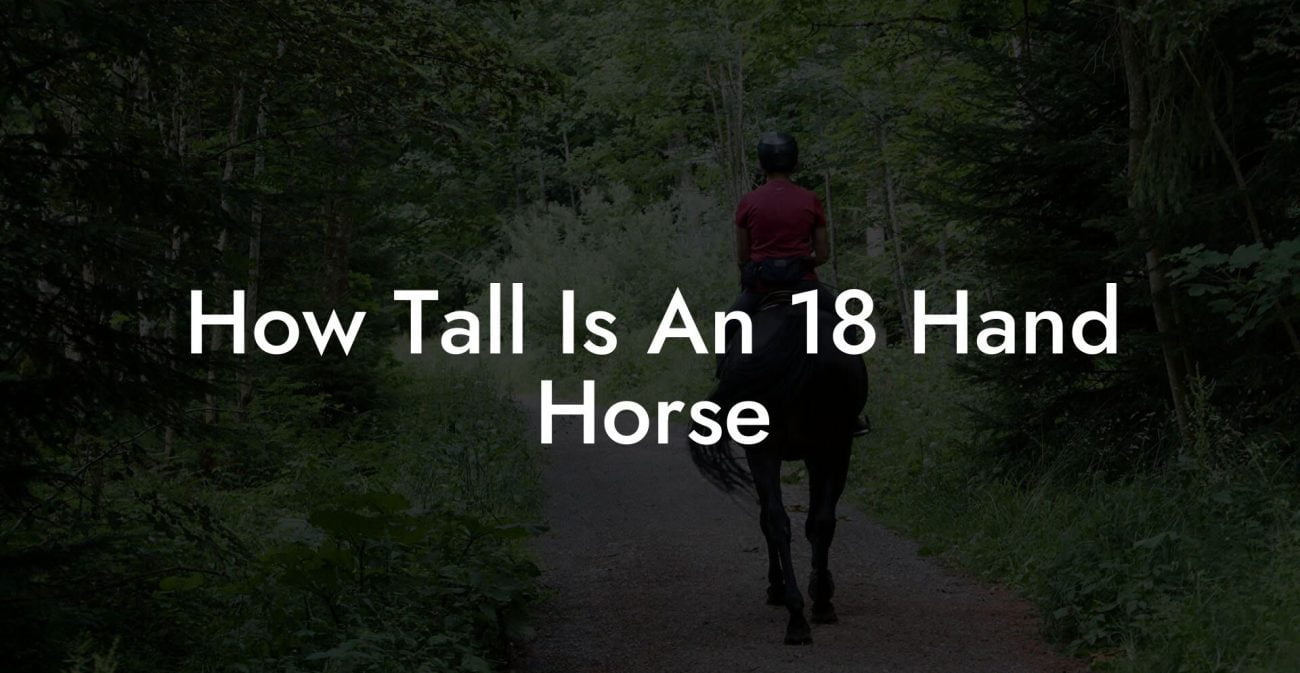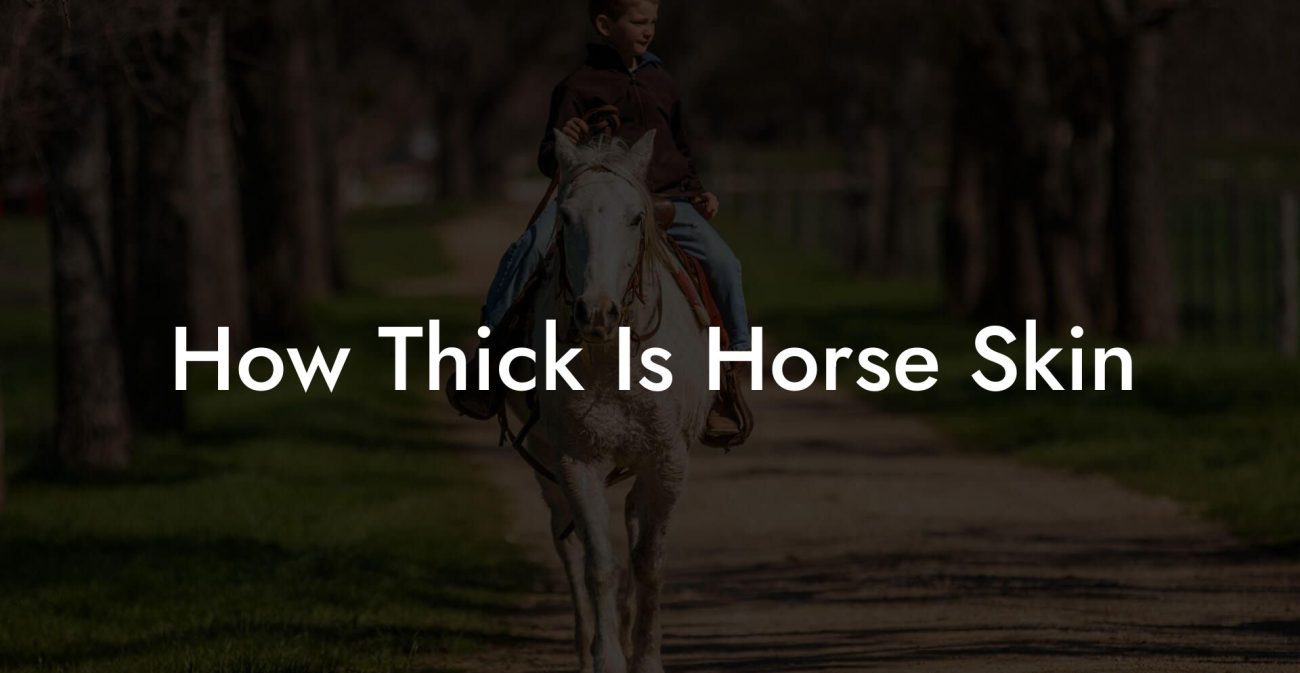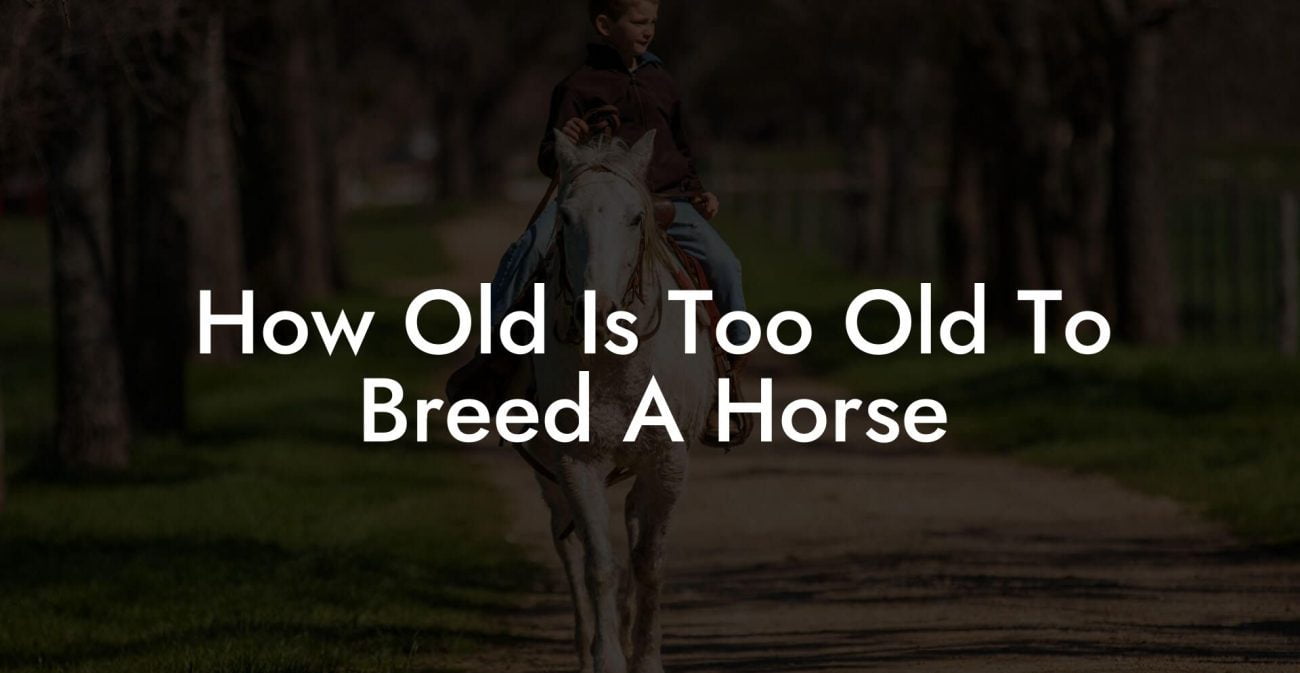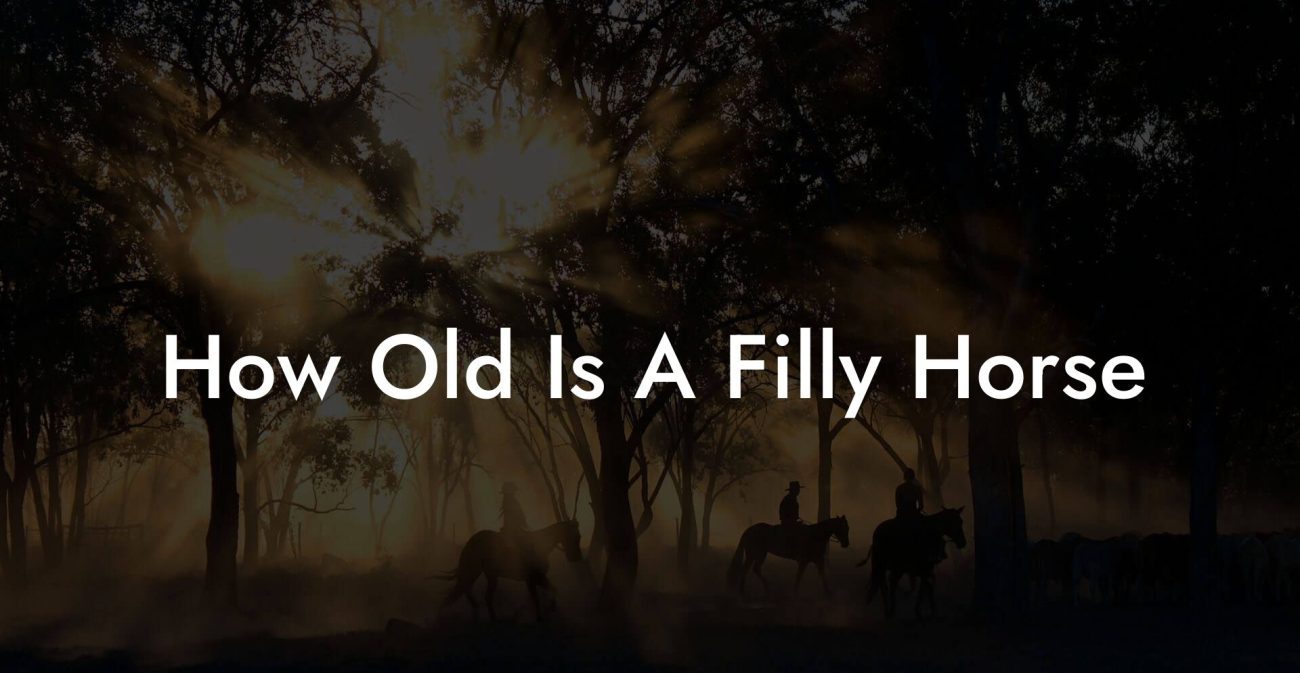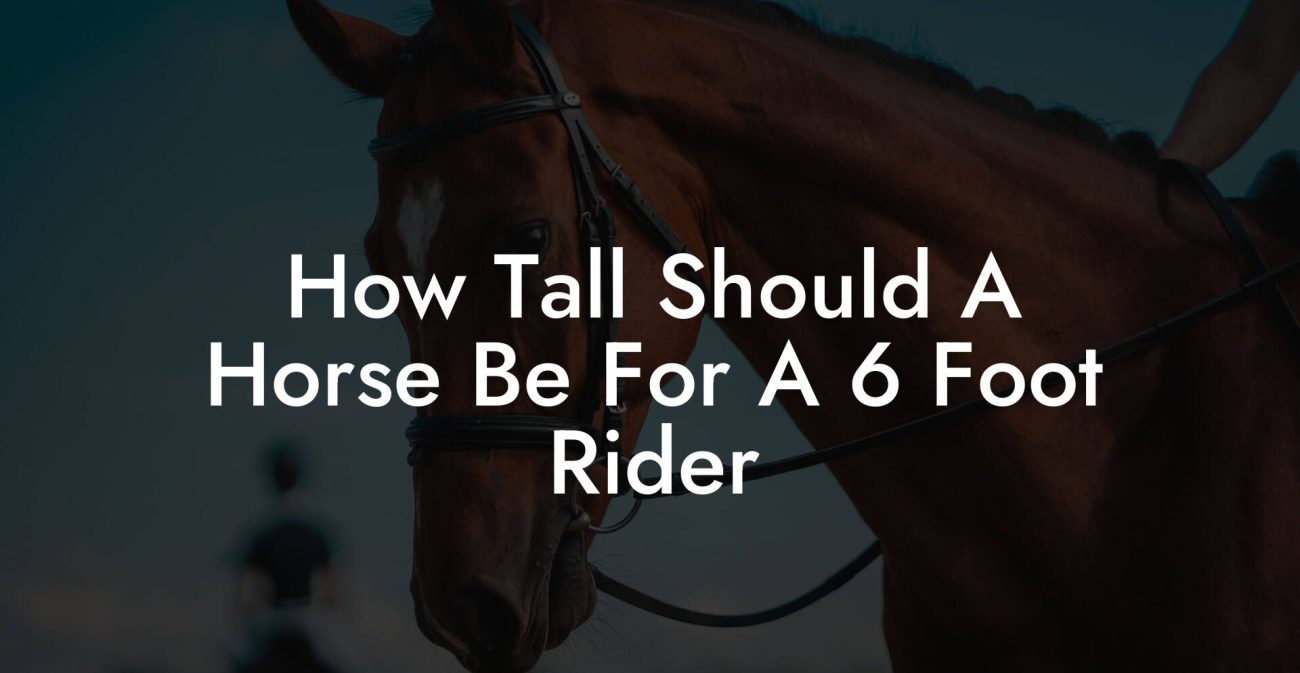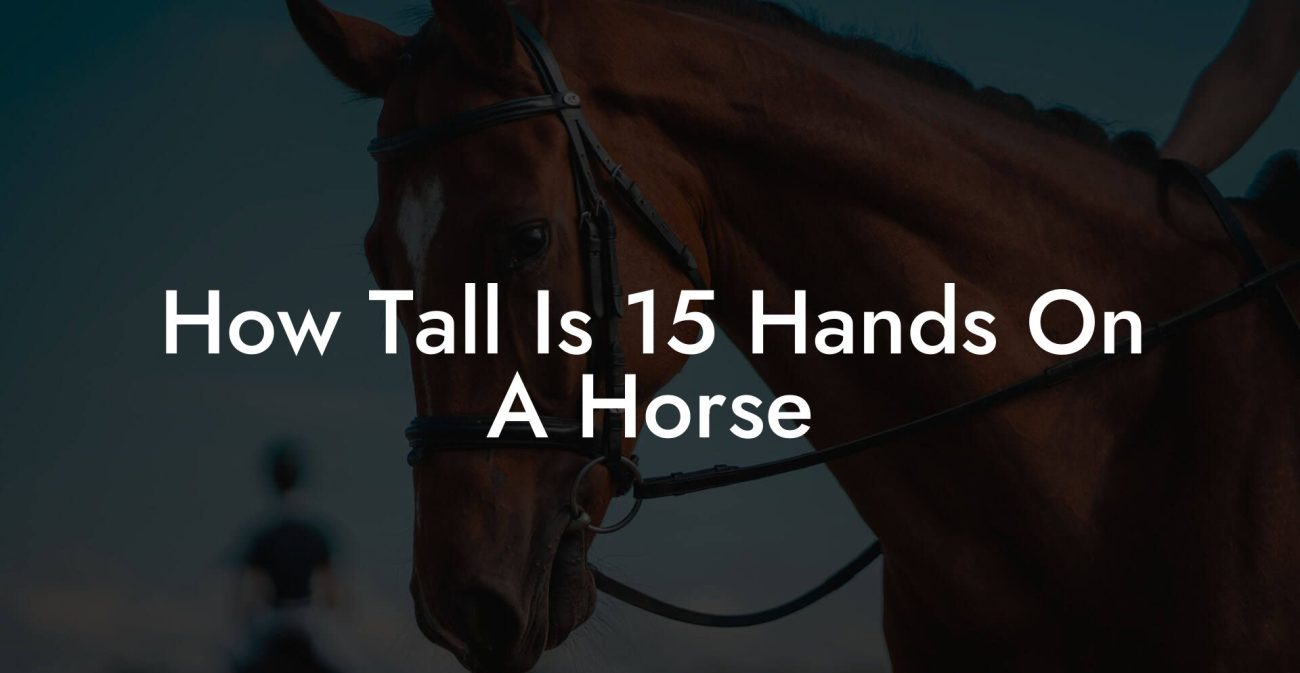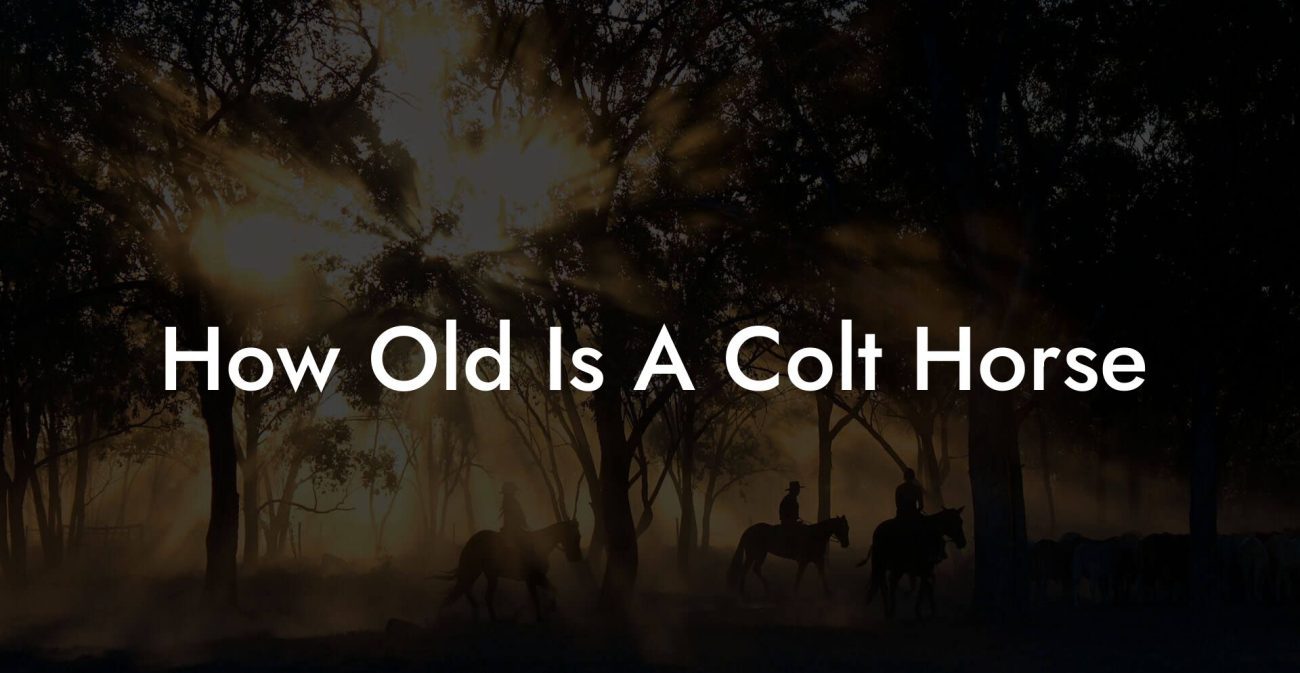Have you ever come across a scene in a movie or real life where a horse is tied to a post and wondered what that action is called? Well, you're in the right place! In this article, we'll dive into the world of horses and discuss the term used for this action and why it's essential for horse owners to know and practice it properly.
What Is It Called When You Tie A Horse To A Post Table of Contents
The Term for Tying a Horse to a Post
The Term for Tying a Horse to a Post
When you tie a horse to a stationary object like a post, this action is called hitching. Hitching plays a vital role in the daily handling and management of horses and is a necessary skill for every horse owner to master.
Why is Hitching Important?
Hitching ensures that your horse stays put and prevents them from wandering away or getting themselves into potentially dangerous situations when you need to handle them or leave them momentarily unattended. It's a crucial part of responsible horse ownership and a fundamental skill to learn for those new to the equestrian world.
Types of Hitching
There are different variations of horse hitching, each having specific purposes. Here are some common types of hitching:
- Quick-release knot: This is a knot that is easy to tie and untie quickly, making it ideal for situations when you need to release your horse immediately – for example, in an emergency or when handling an anxious horse.
- Slip knot: Similar to a quick-release knot, slip knots also allow the horse to be untied quickly and are commonly used in stables or other secure environments.
- Two-half hitches: A more secure knot which is suitable for horses that may pull, chew, or fuss with the lead rope but is still easy to untie.
Preparing Your Horse for Hitching
Before hitching your horse, training them to stand calmly and accept being tied is essential. This can prevent accidents and ensure a safe experience for both you and your horse. Some steps include:
- Teaching your horse to yield to pressure on their head and neck.
- Introducing the concept of being tied using a lead rope in a controlled environment.
- Gradually increasing the duration that your horse is tied to help them become comfortable and well-behaved.
Hitching Safety Tips
Now that we've covered the basics of hitching and its importance, here are some safety tips to follow while hitching your horse:
- Always use a strong, reliable post or structure that can withstand the force of your horse pulling on the lead rope.
- Choose a secure area free from hazards such as vehicles, loose dogs, or other distractions.
- Ensure the lead rope and halter are in good condition and used appropriately.
- Don't tie the rope too tight or too high up on the post, as it may cause your horse discomfort or injury.
- Regularly check on your horse while they are hitched, and be prepared to handle any situation that may arise.
What Is It Called When You Tie A Horse To A Post Example:
Imagine you're at a local riding competition with your beloved horse, and you need to register and grab your gear before saddling up. You find a secure, safe spot to hitch your horse temporarily. Using a sturdy lead rope and halter, ensure your horse is at a comfortable distance from the post with enough slack to move its head comfortably but not enough to pull free or get tangled. You tie a quick-release knot, knowing that you'll be away for a short period and may need to release your horse quickly later on.
By following proper hitching techniques and safety tips, you can feel confident leaving your horse securely and safely tied while you attend to your tasks – knowing that your horse is well-prepared and comfortable in this situation.
And that's it! Now you know that the term for tying a horse to a post is called "hitching" – an essential skill every horse owner should know and practice. Remember, it's vital to train your horse to be calm and well-behaved while being hitched and always follow the safety tips for a successful and safe hitching experience.
We hope you enjoyed this article and found it insightful. If you did, don't forget to share it with fellow horse enthusiasts and explore our other guides on How to Own a Horse to enhance your knowledge and experience in the wonderful world of horse ownership.

